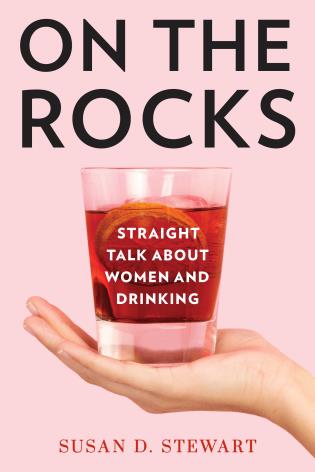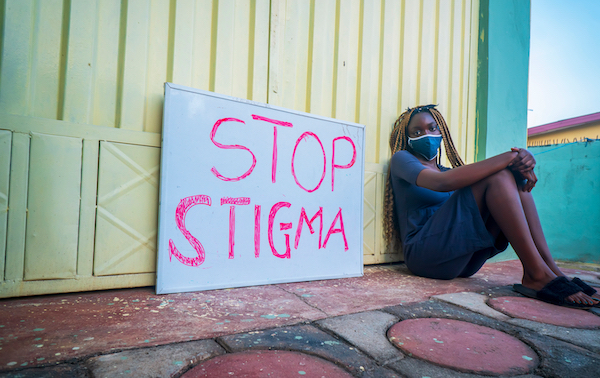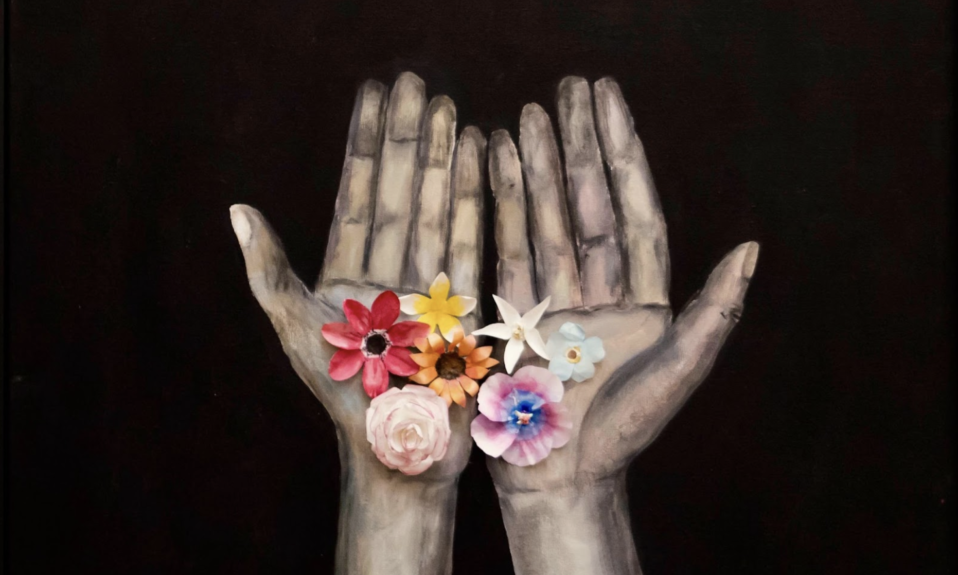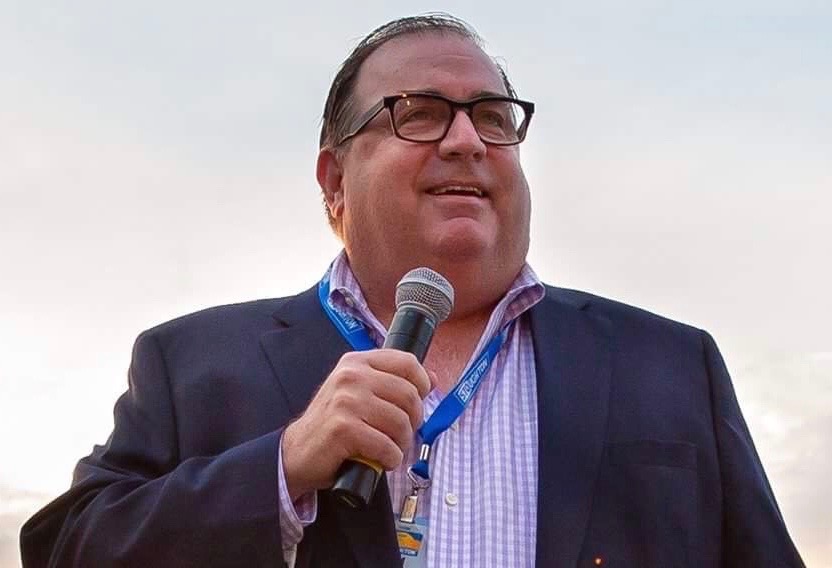Plus: Shatterproof launches its ATLAS program in Florida, and more recovery industry news
By Mark Mravic
New & Next: Tech
A Healthcare Workforce Tracker Identifies Treatment Deserts
Half of all counties in the U.S. have no psychiatrists or addiction medicine specialists. That’s one of the revelations from a recently launched database on the U.S. behavioral health workforce. The Behavioral Health Workforce Tracker, a project from George Washington University’s Mullan Institute for Health Workforce Equity, identified approximately 1.2 million behavioral health providers across the U.S. and mapped their practice locations. About 600,000 of those are behavioral health specialists; an additional 400,000 are primary care providers, including nurse practitioners and physician assistants; and another 174,000 are physician specialists who wrote at least 11 prescriptions for behavioral health medications such as antidepressants, antipsychotics or medication-assisted treatment (MAT) in 2020.
The program allows users to track variations in the behavioral health workforce at the state and county levels relative to population, measure Medicaid, Medicare and private insurance acceptance, and identify the extent of the workforce treating serious mental illness. Among the findings:
- The Northeast has the highest supply of psychiatrists and addiction medicine specialists per population, while the South and the Mountain West have the lowest
- Only 38% of the 88,070 providers with a waiver for MAT in 2020 wrote a buprenorphine prescription in 2020
- 23% of providers did not treat Medicaid beneficiaries that year
Writing in Health Affairs, the Mullan Institute team noted, “The database reinforces the importance of primary care providers [PCPs] in the delivery of behavioral health services. … Many counties rely on primary care physicians and nurse practitioners and physician’s assistants to provide behavioral health services.” In Texas, for example, they note that without primary care providers, 70% of counties would have no serious mental illness providers. But even with PCPs included, 23% of Texas counties lack serious mental health treatment.
Calling for policymakers, researchers, clinicians and advocates to do more to improve and update data on the behavioral health workforce, the research team says its tracker is “an important new resource for research studies that will provide evidence and drive action to strengthen the behavioral health workforce and advance health equity.”
New & Next: Facilities
Shatterproof launches ATLAS in Florida
The nonprofit addiction advocacy group Shatterproof has teamed with Florida’s Blue Cross Blue Shield company and New Directions Behavioral Health to launch its Addiction Treatment Locator, Assessment and Standards (ATLAS) platform in the Sunshine State. The program allows people seeking addiction treatment to search for and compare licensed facilities based on information such as use of best practices, types of treatment provided, accepted insurers, payment options and patient experience.
“ATLAS is a critical new resource. It will give those in need and their families the transparent and trustworthy information my family never had and will help put more people on the path to recovery.”
—Gary Mendell, founder and CEO of Shatterproof
Shatterproof has developed its own quality measures for treatment facilities, including factors such as fast access to treatment, a personalized evaluation and treatment plan, access to medications for opioid or alcohol use disorder, effective behavioral therapies for addiction, long-term treatment and follow-up, coordinated care for mental and physical health, and additional recovery support services. The data is drawn from surveys of treatment facilities and patients, and from public and private insurance claims.
“During a time when our nation’s addiction crisis is tragically at an all-time high and access to quality treatment is often hard to find, ATLAS is a critical new resource,” Gary Mendell, founder and CEO of Shatterproof, said in a release. “It will give those in need and their families the transparent and trustworthy information my family never had and will help put more people on the path to recovery.”
ATLAS is now available in 11 states.
New & Next: Books
Challenging the Stereotypes Around Female Drinking

Susan D. Stewart, professor of sociology at Iowa State, examines the realities of women’s complex relationship with alcohol in her new book On the Rocks: Straight Talk About Women and Drinking. Weaving personal narratives of a diverse range of women with original research and national data, Stewart looks at the factors at play in why women drink, including their perceptions of alcohol, and the family, social and cultural pressures that underlie a significant increase in female drinking in the U.S.
In an interview with Iowa State’s news service, Stewart identified several categories of female drinker, including the social drinker who consumes one or two drinks at a dinner or a girls’ night out, the college-age binge drinker and the alcoholic who has reached rock bottom. But she says a lot of people fall into a gray zone. “We don’t have words for a stressed-out mom who’s drinking one glass, then two glasses, then a bottle of wine a night. I’d like to see people recognize a continuum of alcohol use and know that it can ebb and flow throughout someone’s life.”
She adds: “During the pandemic, there was this proliferation of jokes and memes about mothers drinking to get through the day, and now people are starting to say, ‘No, why are we doing this?Why aren’t we addressing the root problems of our stress—of not getting support at home, balancing work and family, taking care of relatives?’”
New & Next: Research
A Smoothie a Day to Fight OUD
Noting that people with substance use disorders often suffer from poor diets, including a lack of fruits and vegetables, researchers in Norway are launching a study called FruktBAR that will test the effects of adding a fruit smoothie to the treatment regimen of patients receiving medication for opioid use disorder (OUD). The trial will recruit 302 patients undergoing opioid agonist therapy, supplementing their daily diet with a 250ml fruit smoothie including fruits such as apples, bananas, oranges, blueberries, passion fruit, coconut, lime and black currant. The participants will be evaluated over a 16-week period to gauge their level of psychiatric distress and other health-related quality of life indicators, compared to a control group.
“This study will inform on the relative advantages or disadvantages of fruit supplementation in addition to the current medically and psychologically oriented treatment of people receiving opioid agonist therapy,” the researchers say. “If the supplementation is efficacious, it can be considered for further scale-up.”
Top photo: Ganapathy Kumar














